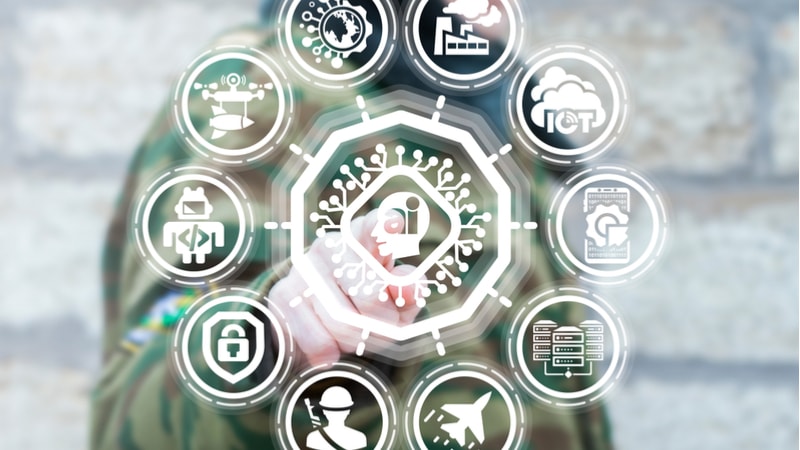
For 2022 the United States Army is once again zeroed in on its digital transformation, specifically focusing on six key areas – cloud, cyber, data, application modernization, network, and service delivery and user experience.
Dr. Raj Iyer, the Army chief information officer (CIO), joined other Army officials on Jan. 13 for AFCEA’s Army IT Day to overview the Army’s key fiscal year 2022 efforts to advance the Army Digital Transformation Strategy (ADTS).
The Army released the ADTS in October 2021, representing another significant component of the branch’s overarching technology modernization effort. The ADTS was established to lead the Army through changes in technology, processes, and overall culture, in response to the rapid evolution of digital and modernization programs.
“Digital transformation is about how you fundamentally change how you run your business operations while leveraging these digital technologies,” Iyer said. For the new year, the Army points to six key efforts that will help advance ADTS efforts, he added.
The first is cloud; the Army will focus on various cloud initiatives such as hybrid cloud, cloud Service Management, and cloud cost optimization. The second key objective for 2022 is cyber, where the Army plans to focus on initiatives such as cloud-based internet isolation, software-defined networking, and auto red teaming. The third objective is data, and this includes a focus on implementing initiatives such as enterprise decision analytics framework, army standards assessment program, common operating environment data model.
In 2022, the Army will also focus on application modernization to advance the ADTS. This includes focusing on initiatives like application rationalization, DevSecOps, and implementing a software factory. The fifth key effort is network, focusing on initiatives such as voice modernization, data center optimization, and implementing a proper mission partner environment. And lastly, the Army will also focus on service delivery and user experience initiatives such as creating a service catalog, IT service management, and virtual desktop infrastructure
“It’s about how we can fundamentally change how we operate as an Army through transformative digital technologies, empowering our workforce, and re-engineering our rigid institutional processes to be more agile,” Iyer said.
